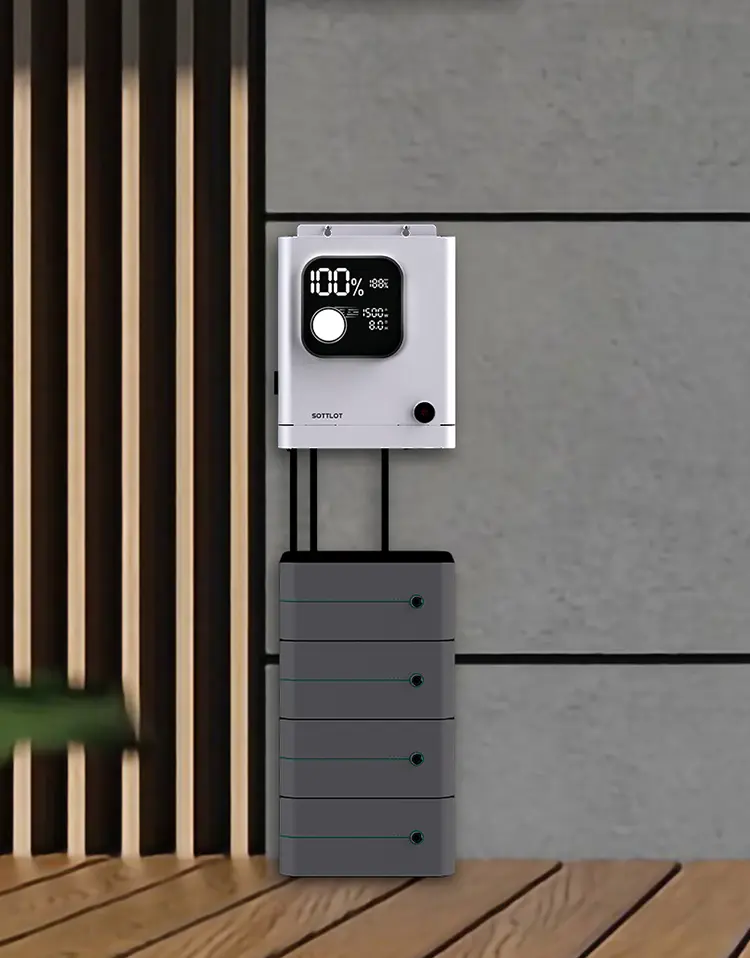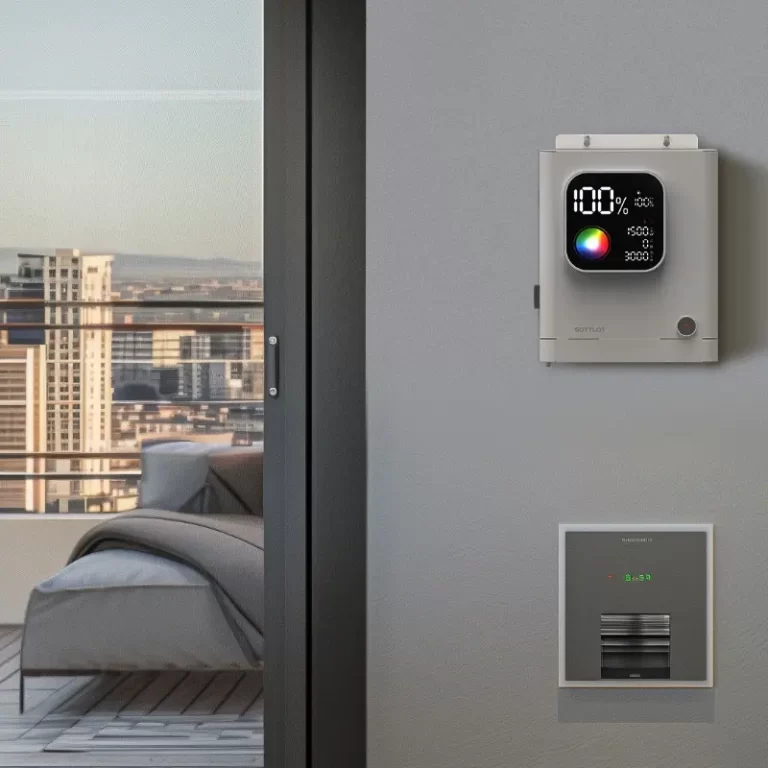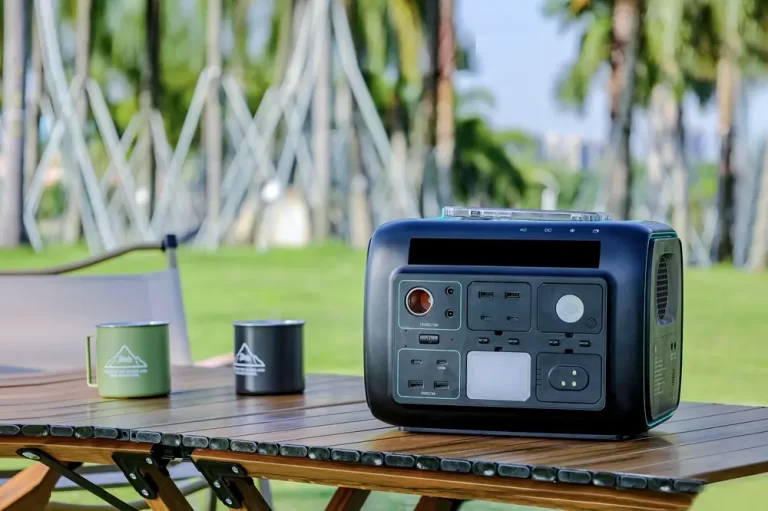With the popularity of renewable energy and the advancement of energy transition, home energy storage systems have attracted more and more attention. However, home energy storage also faces some common problems that require us to find effective solutions. Among them, the inverter, as an important part of the home energy storage system, plays a key role.

One of the common issues with home energy storage systems is battery life and capacity. Batteries are the core of energy storage systems, but over time, their performance can degrade and their capacity can gradually decrease. In order to solve this problem, we can choose high-quality battery products and use and maintain batteries reasonably. In addition, the management functions of the inverter can also play a role, such as extending the life of the battery through intelligent charging and discharging control.
Another common issue is the safety of energy storage systems. Components such as batteries and inverters need to have good safety performance to prevent overcharge, over-discharge, short circuit and other problems. When choosing an inverter, make sure it has overload protection, short-circuit protection, over-temperature protection and other functions to ensure the safe and stable operation of the system. At the same time, users should also follow relevant safety regulations and operating guidelines when using energy storage systems.
The efficiency and performance of the inverter are also concerns. Lower efficiency inverters may cause energy losses and losses, affecting the overall effectiveness of the energy storage system. Therefore, when choosing an inverter, pay attention to its efficiency indicators and choose products with high-efficiency conversion capabilities. In addition, the compatibility of the inverter is also important. It needs to be well matched with other components such as batteries and solar panels to ensure the normal operation and performance optimization of the system.
There are also some problems with the installation and maintenance of home energy storage systems. Improper installation can affect system performance and safety, while a lack of regular maintenance can lead to malfunctions and reduced system life. Therefore, when installing an energy storage system, you should seek professional installation services to ensure that the system is installed and connected correctly. At the same time, regular maintenance and inspections, including cleaning, checking connections, updating firmware, etc., can ensure the long-term stable operation of the system.
In the process of solving these problems, inverters play a vital role. The inverter not only converts DC power into AC power, but also has various functions such as battery management, system monitoring and protection. Some advanced inverters also have intelligent networking functions, which can realize real-time monitoring and management of energy storage systems through remote monitoring and control. In addition, inverter technology continues to advance, such as the use of high-frequency conversion technology and advanced control algorithms, which improves conversion efficiency and system stability.
To sum up, home energy storage systems face some common problems, but these problems can be effectively solved by rationally selecting inverters, focusing on battery management, ensuring system safety, focusing on efficiency and performance, and performing correct installation and maintenance. As a key component of home energy storage systems, inverters will continue to play an important role in helping households achieve the goal of efficient use of renewable energy and energy self-sufficiency. As technology continues to develop, we can expect home energy storage systems to become more intelligent, efficient and reliable in the future, bringing more convenience and sustainability to our lives.




